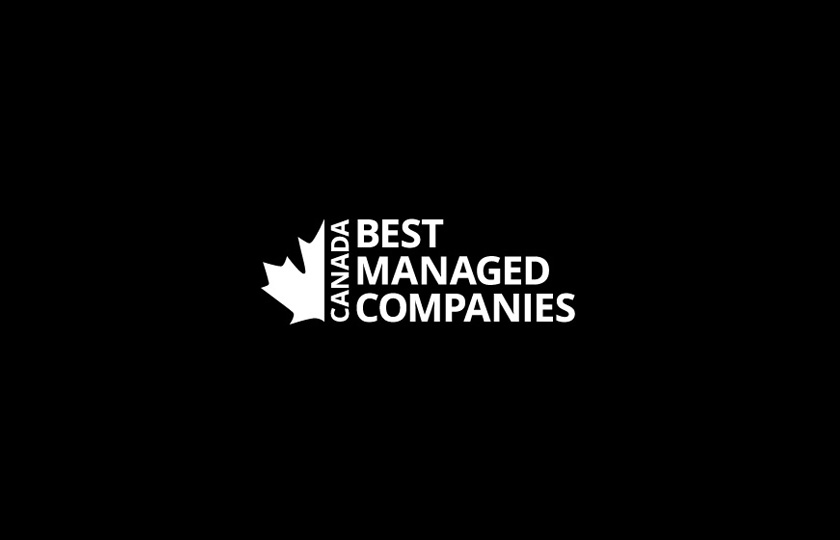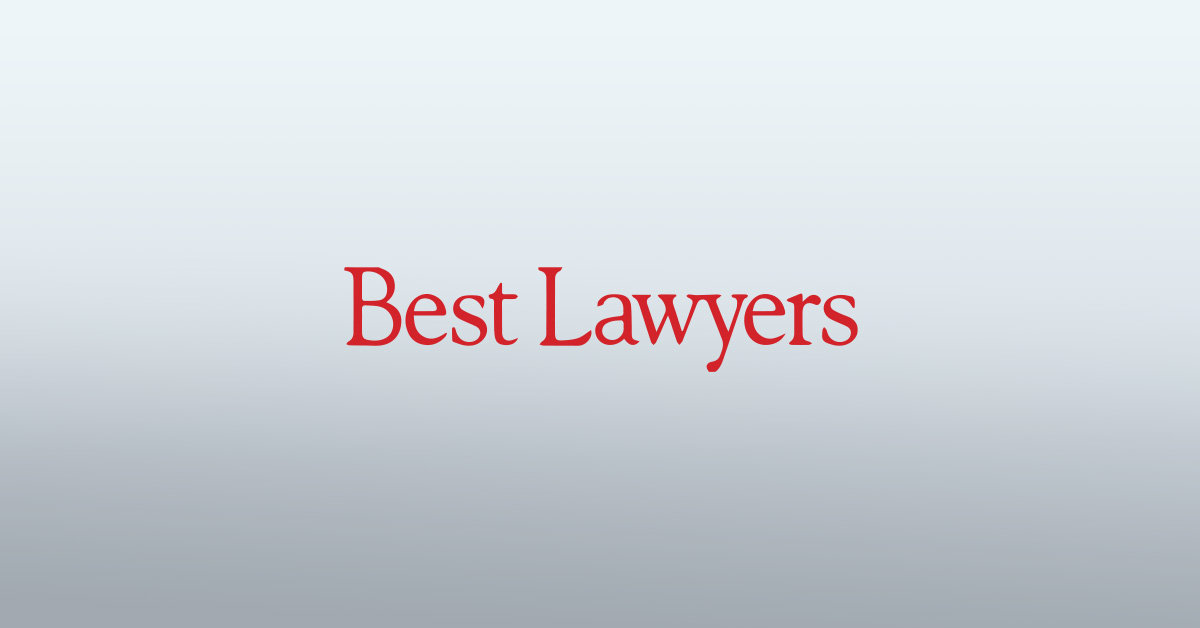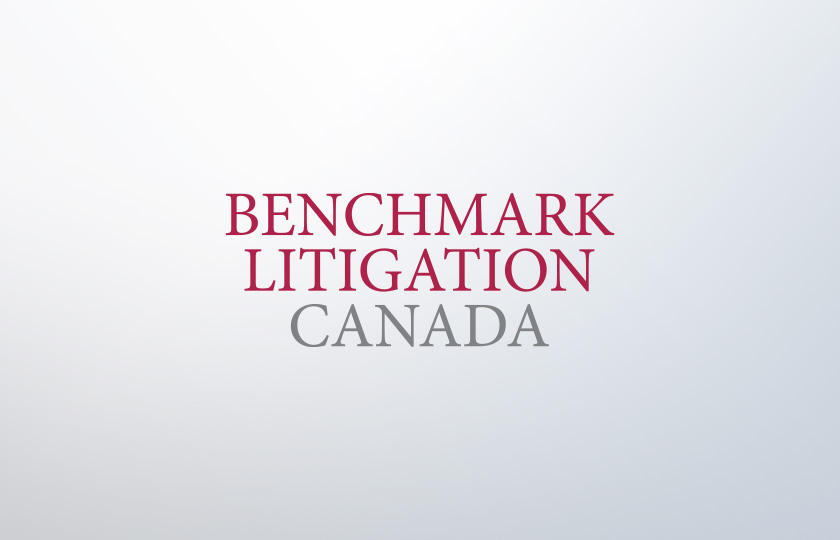
Executive Summaries Jun 11, 2021
Employers, Are You Prepared to Get Your Team Back in the Office?
While teleworking remains mandatory or strongly recommended for those whose operations can be carried out remotely, industries that are not subject to restrictions due to their region’s alert status may allow their employees to come back to the workplace, with some restrictions.
However, returning to the workplace during a COVID-19 pandemic requires employers to meet several health and safety requirements. Planning is Key to a Successful Return to Work!
Infection Prevention and Control Plan
An inspection should be carried out prior to the employees’ return to work to detect any potential risks of COVID-19 transmission and/or contamination in the workplace and appropriate protective measures should be implemented, if necessary. Employers will have to ensure that such measures comply with the guidelines, decrees and recommendations issued by the Commission des normes, de l'équité, de la santé et de la sécurité du travail (CNESST), the government and the Direction générale de la santé publique.
As such, the Institut national de santé publique du Québec (INSPQ) recently released an updated version of its guide entitled Hiérarchie des mesures de contrôle en milieu de travail, which provides recommendations relevant to all workplaces other than healthcare facilities. Employers must ensure that these measures are put in place and that workers comply with them, except for vaccination, which will be discussed in the next section.
Any employer who fails to comply with the INSPQ’s recommendations violates the Act respecting occupational health and safety (AOHS) and is liable for fines, penalties and, in more serious cases, lawsuits. The AOHS provides that employers must take all necessary measures to protect their employees’ health, safety and physical well-being.
Employers are also required to have an infection prevention and control plan in place. There should be a protocol for workers to notify their employer of any COVID-19-related symptoms before coming to the workplace or if they wish to report an unsafe situation. Furthermore, such prevention plan should include a preventive isolation and management procedure in the event that an employee exhibits COVID-19-related symptoms in the workplace.
Workplace Reopening Plan and Possible Sanctions
CNESST inspectors are authorized to carry out workplace inspections to ensure compliance with public health measures and can also take some actions if a violation is found. It is therefore crucial for employers to have a reopening plan in place that will provide a healthy work environment for employees.
Employers must make it clear that disciplinary measures will be taken the measures implemented in the workplace are not complied with. Should an employee fail to comply with any of the employer’s risk mitigation measures, such temperature taking or completing a COVID-19 symptoms checklist, disciplinary measures, up to and including dismissal, may be warranted.
Can Employers Require Vaccination?
Employers may be tempted to compel all their employees to be vaccinated, especially now that the vaccine is available to the entire population of Québec. But while employers can strongly promote vaccination among their employees, they can only require it in very limited circumstances.
Vaccination is a health care procedure to which no one can be subjected to without their free and informed consent. This means that employees are free to accept or refuse the COVID-19 vaccine based on their right to personal integrity. As well employees may refuse to provide proof of vaccination or any other relevant information to determine whether or not they are vaccinated, as this information falls under their right to privacy.
While a mandatory vaccination policy could be put in place in some circumstances, it would have to be based on facts and evidence, such as the nature of the employer’s business activities and the potential for transmission and contamination in the workplace.
For example, in some workplaces where employees may gather and where there is a real and high potential for transmission, such a policy could be deemed reasonable. Accordingly, the employer could argue that vaccination against COVID-19 is a justifiable work requirement. However, the burden will be on the employer to prove that mandatory vaccination requirement can be justified based on health and safety concerns within the specific setting of its operations.
Note that such a mandatory vaccination policy is likely to be challenged on the grounds of the rights and freedoms protected by the Charter. This is why such a vaccination policy must take into account the employer’s duty to accommodate to avoid any discriminatory situation where an employee’s decision not to be vaccinated is based on a Charter ground (such as religion or physical condition). Alternatives, such as teleworking, should be included in the policy for employees who choose to refuse the vaccine.
In all cases, a vaccination policy should be carefully drafted and properly implemented, with due respect for individual and fundamental rights and freedoms.
Finally, given that the reality of the workplace in the context of a global pandemic is still relatively new there has been little case law on the various legal issues employers are facing. It is likely that the courts will have the opportunity to set guidelines to clarify some of the grey areas inherent to COVID-19, especially regarding vaccination.
In the meantime, we strongly suggest that employers follow all the guidelines, directives and recommendations issued by the CNESST, the government and the Direction générale de la santé publique to ensure a safe workplace.
For more information and solutions adapted to your company’s needs, do not hesitate to contact BCF’s Labour and Employment Law team who will be able to assist you.
Subscribe to our communications and benefit from our market knowledge to identify new business opportunities, learn about innovative best practices and receive the latest developments. Discover our exclusive thought leadership and events.
You would also like

Canada's Best Managed Companies: BCF Recognized for 17th Consecutive Year

Bill C-58: New Obligations for Companies under Federal Jurisdiction











































































































